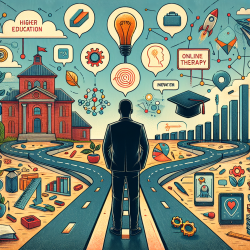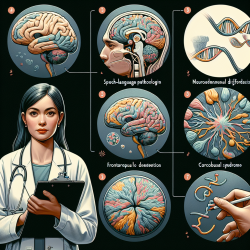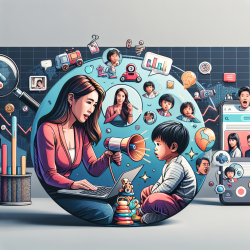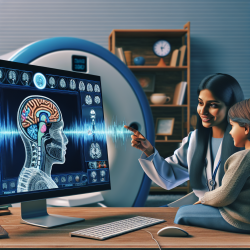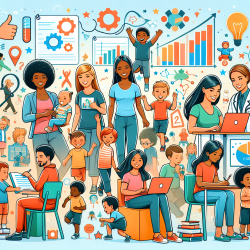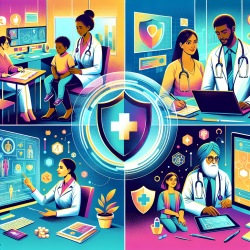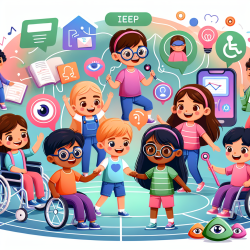The Crisis of Innovation in Higher Education: A Call for Practitioners to Reflect and Act
In the ever-evolving landscape of higher education, the term "innovation" has become both a buzzword and a battleground. The research article "The Crisis of Higher Education: Neoliberalism and the Privileging of 'Innovation' in The Twenty-First Century" by Morris and Targ (2022) provides a critical examination of how the concept of innovation is reshaping educational institutions, often to the detriment of traditional academic values. As practitioners in the field of speech language pathology, particularly those involved in online therapy services like TinyEYE, it is crucial to understand these dynamics to enhance our practice and advocate for better educational outcomes for children.
Understanding the Research
The article argues that the neoliberal agenda in higher education prioritizes market-driven innovations, often at the expense of faculty autonomy and traditional academic disciplines, particularly in the humanities. This shift is seen in initiatives like Purdue University's Honors College and Purdue Global, which, while innovative, have also led to increased precarity among instructional staff and a centralization of educational control.
For practitioners, this raises important questions about the role of innovation in education and its impact on teaching and learning. Are we prioritizing technological advancements and marketability over meaningful educational experiences? How can we ensure that innovation serves to enhance, rather than undermine, the quality of education?
Implications for Practitioners
As speech language pathologists, we are uniquely positioned to influence educational practices and advocate for approaches that prioritize student outcomes over market-driven metrics. Here are some strategies to consider:
- Embrace Evidence-Based Practices: Ensure that any innovative approaches or technologies used in therapy are grounded in robust research and proven to enhance learning outcomes.
- Advocate for Holistic Education: Support curricula that integrate STEM with the humanities to foster well-rounded development in children, emphasizing critical thinking and empathy alongside technical skills.
- Engage in Continuous Professional Development: Stay informed about the latest research and trends in education to critically assess the impact of innovation on your practice.
- Collaborate with Educators: Work closely with teachers and administrators to ensure that speech language pathology services align with broader educational goals and support student success.
Encouraging Further Research
While the article provides a comprehensive analysis of the current state of innovation in higher education, it also highlights the need for ongoing research to explore its long-term effects on educational quality and equity. Practitioners are encouraged to contribute to this body of research by documenting their experiences and outcomes in the field, and by collaborating with academic institutions to explore new models of innovation that prioritize student well-being.
To read the original research paper, please follow this link: The Crisis of Higher Education: Neoliberalism and the Privileging of “Innovation” in The Twenty-First Century.
